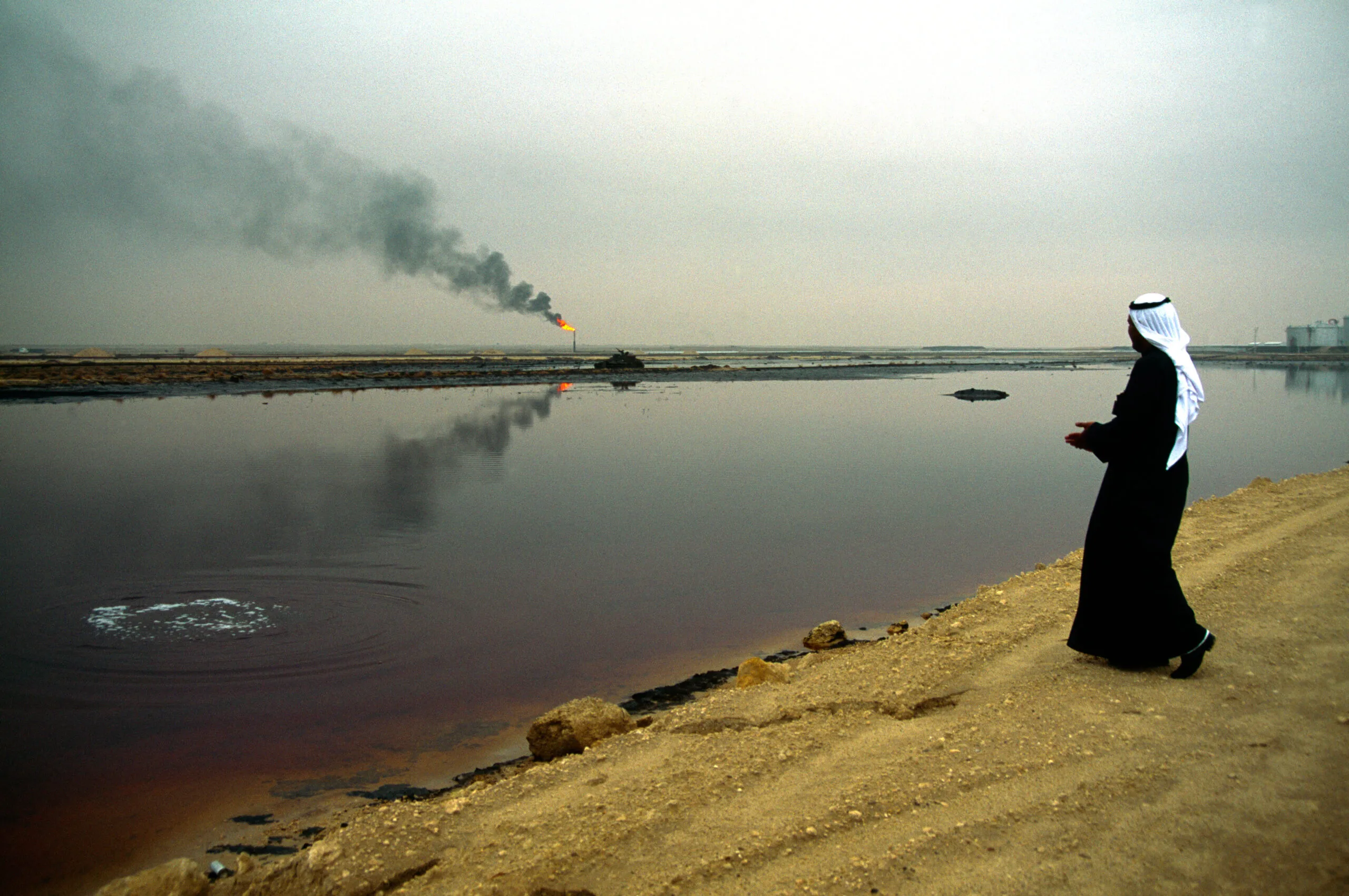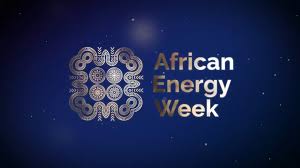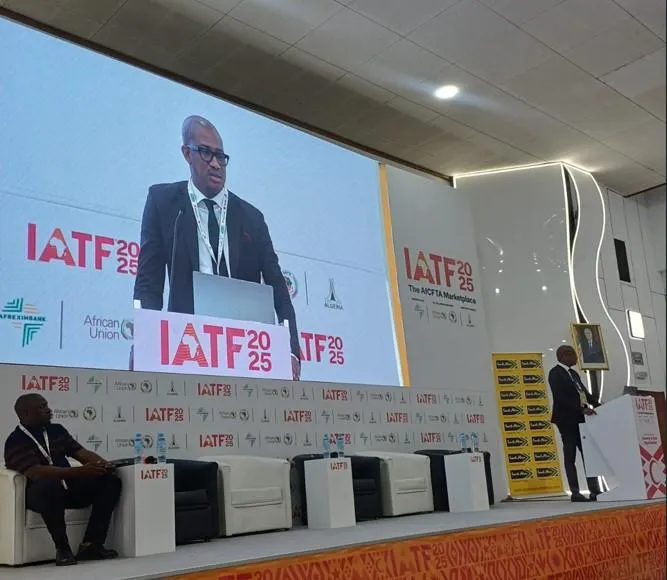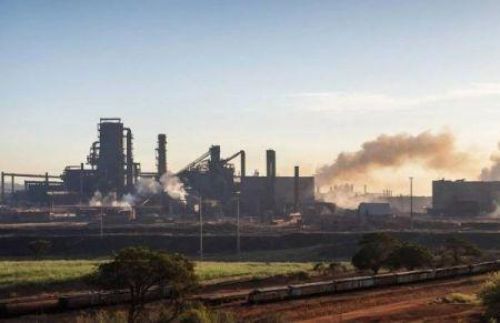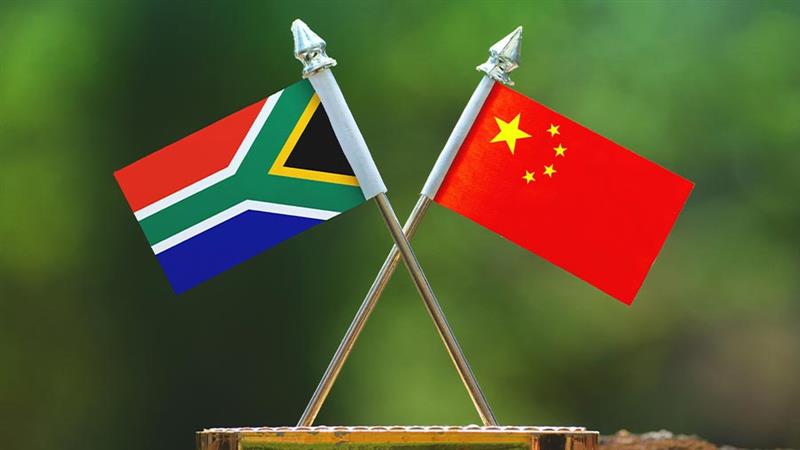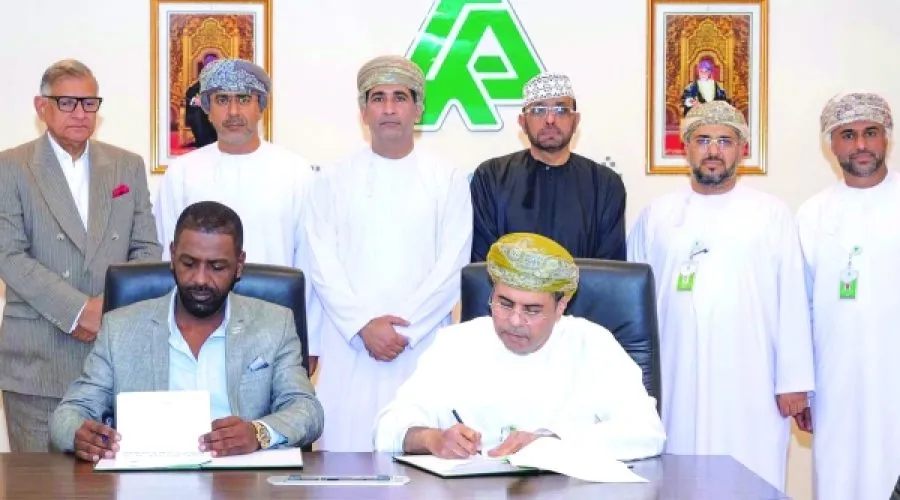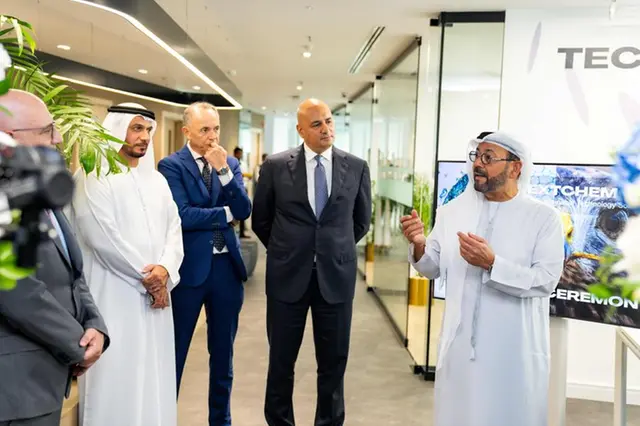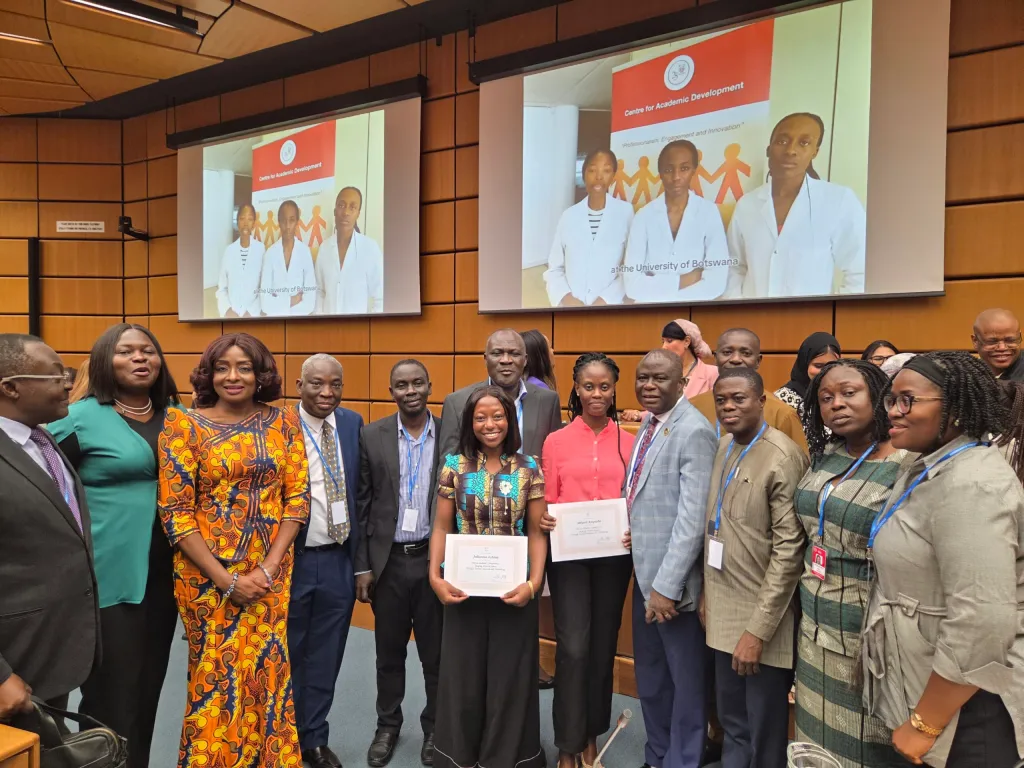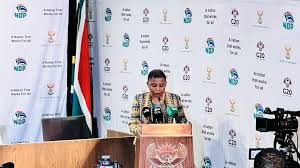Energy Other

Women Still Underrepresented in Renewables Workforce, IRENA Report Find
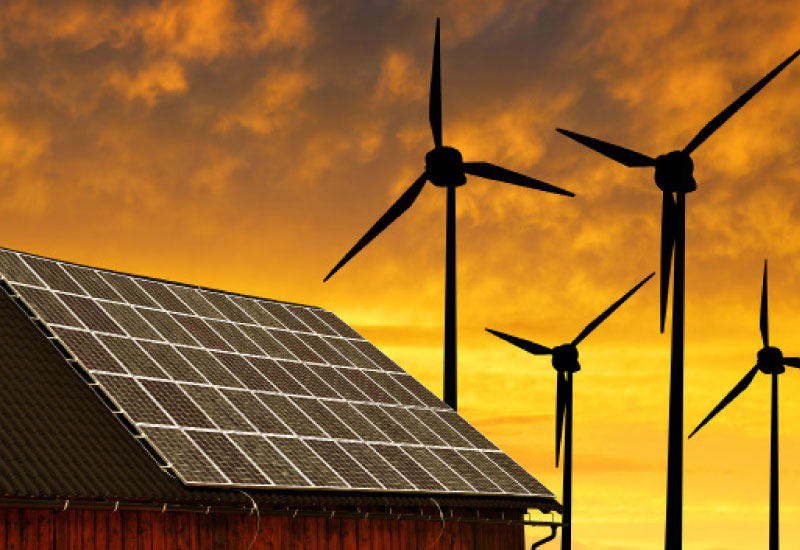
Women account for just 32% of full-time jobs in the global renewable energy sector, according to a new report by the International Renewable Energy Agency (IRENA).
The figure has remained unchanged since 2019, highlighting a lack of progress in gender representation despite the rapid growth of the clean energy industry.
Francesco La Camera, IRENA Director General
The second edition of Renewable Energy: A Gender Perspective offers IRENA’s most detailed assessment yet of women’s participation in the renewables workforce and the barriers that continue to limit their advancement.
It warns that without greater gender equality, the global energy transition risks being neither fair nor sustainable — and could face future labour shortages and a lack of diverse perspectives.
Gender Gaps Persist Across Roles and Seniority
The report shows that women remain concentrated in administrative positions, accounting for 45% of such roles. Their participation falls sharply in technical and scientific fields, where women hold just 28% of STEM-related jobs, and drops further to 22% in trades such as installation, construction and electrical work.
The leadership gap is particularly stark — women occupy only 19% of senior management positions in the renewable energy sector. IRENA Director-General Francesco La Camera said the findings underline the need for stronger action across the board.
“Advancing gender equality in the renewable energy sector depends on robust data, targeted policy interventions and active collaboration of all stakeholders,” he said. “Unfortunately, despite performing better than fossil fuel industries, little progress has been made. To realise the energy transition’s full potential, women must be recognised as equal partners and leaders in shaping a renewables-based future.”
Systemic Barriers and Structural Inequality
According to IRENA, women face systemic challenges throughout their careers — from gender bias and cultural stereotypes to unequal access to training and promotion opportunities. Many struggle to balance professional and caregiving responsibilities and face persistent “glass ceilings” that limit progression into leadership roles.
Women are also disproportionately affected by energy poverty, particularly in developing countries, where they are often the primary users and managers of household energy systems. The report notes that in off-grid and community-based projects, women represent around 35% of employees — signalling significant potential for greater inclusion in energy access initiatives.
Sector and Institutional Disparities
Female representation varies widely across organisations. Private sector companies — which make up the majority of the renewables industry — report the lowest share of female employees at 25%. Non-governmental organisations fare better, with women making up nearly 48% of their workforce, while government and non-commercial institutions report 37%.
Call for Coordinated Action
IRENA’s report urges governments, companies and educational institutions to take coordinated measures to close the gender gap. It calls for policies ensuring equal pay, non-discrimination, and access to education, while embedding gender equality into national energy and climate strategies.
Employers are encouraged to adopt flexible work policies, ensure transparent recruitment and promotion practices, and create safe, inclusive workplaces. The report also emphasises the role of trade unions, civil society and international organisations in challenging stereotypes, expanding opportunities and ensuring accountability.



